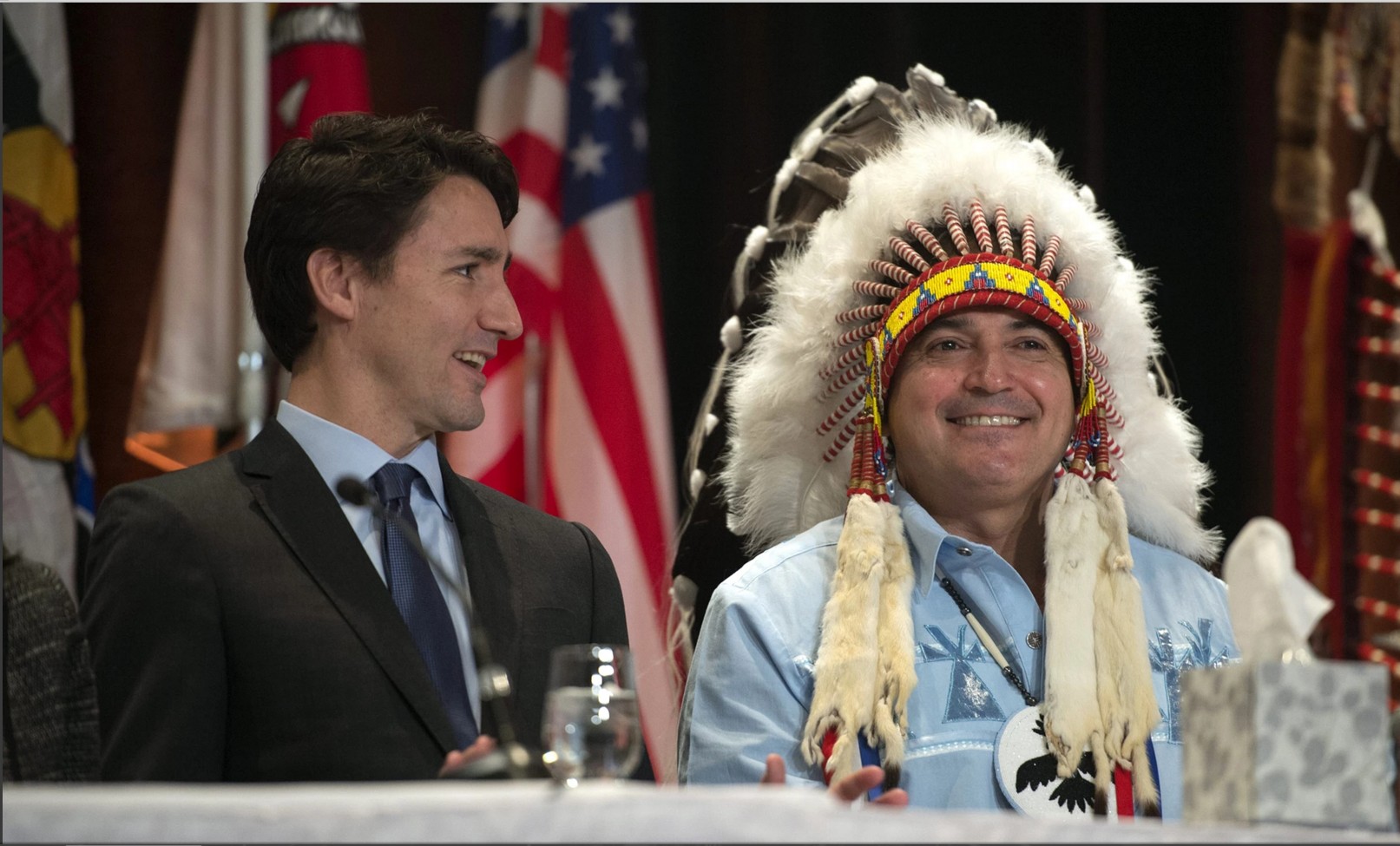
This diplomatic rift has its origins in the 2023 murder of Hardeep Singh Nijjar, a Canadian Sikh activist and outspoken advocate of the Khalistan movement. Canadian authorities, backed by U.S. intelligence, claim that the Indian government was involved in his assassination, leading to a breakdown in bilateral relations. The incident sparked retaliatory measures from both nations, including the expulsion of diplomats and travel warnings issued to citizens.
Canada's Minister of Foreign Affairs, Mélanie Joly, confirmed the expulsion of the diplomats following the RCMP's findings. The police report highlighted four significant areas of concern: violent extremism with links to Indian operatives, organized crime, interference in Canadian democratic processes, and harassment of South Asian community members. These accusations have raised alarms over foreign influence in Canada's internal affairs, with both governments trading sharp public statements.
In defense, the Indian Ministry of Foreign Affairs dismissed the allegations, accusing the Canadian government of politicizing the issue and failing to cooperate on critical law enforcement matters. India has pointed to unfulfilled extradition requests for individuals accused of terrorism and organized crime residing in Canada, suggesting that the diplomatic row is politically motivated. India’s official response framed the accusations as a distraction from Canada's internal investigations into election interference.
Canada's actions fall under the Vienna Convention on Diplomatic Relations, which allows nations to declare foreign diplomats as persona non grata. This is regarded as a severe diplomatic sanction, signaling a deep deterioration in ties. The expulsion of the Indian diplomats underscores how far relations have soured, with both sides appearing unwilling to engage in substantive dialogue or find common ground.
